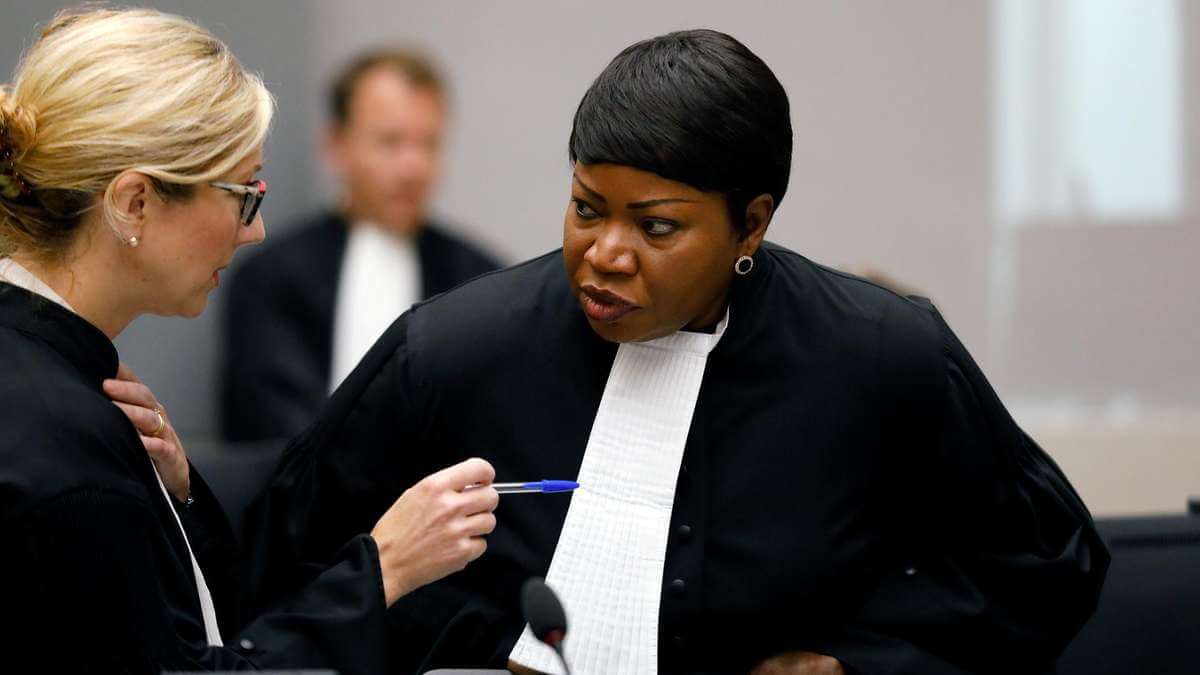On Wednesday, the Chief Prosecutor for the International Criminal Court (ICC), Fatou Bensouda, announced her decision to drop the court’s investigation into war crimes committed by the United Kingdom (UK) in Iraq between 2003 and 2008. The ICC began investigating crimes committed by the UK in Iraq in 2003. Thereafter, the enquiry was dropped in 2006 and only restarted in 2014 after fresh evidence was presented to the Prosecutor. Like other international courts, it has a highly limited jurisdiction; one of these limitations is that the court can only investigate issues if domestic authorities are failing to execute their legal functions.
The 184-page report presented by the Prosecutor said that there was “reasonable basis to believe” that several war crimes, including rape, torture and wilful killing, were committed by the British armed forces in Iraq. She added, “Following a detailed inquiry, and despite the concerns expressed in its report, the office [of the prosecutor] could not substantiate allegations that the UK investigative and prosecutorial bodies have engaged in shielding, that is blocking inquiries, based on a careful scrutiny of the information before it.” However, she acknowledged that despite these investigations, there had been no charges against the members of the armed forces, which has “deprived the victims of justice.” The report also criticised the investigations, which have been conducted by the Royal Military Police, for being “marred by a lack of independence and impartiality.”
While the British Ministry of Defence has celebrated the report for “vindicating” the country’s efforts “to pursue justice where allegations have been founded,” this move has been condemned by several human rights organisations and civil liberties groups. Clive Baldwin, the legal adviser for the Human Rights Watch, criticised the Prosecutor’s decision as indicative of the “ugly double standard” of the ICC, which adopts one approach for “powerful states” like the UK, and another for “those with less clout” like countries in Africa.
Matthew Cannock, the Head of Amnesty International’s Centre for International Justice, released a statement denouncing the Prosecutor’s decision. He said, “[The report] rewards bad faith and delays brought about by the failure of the UK military and authorities to conduct independent and impartial investigations into allegations in the immediate aftermath of the conflict in Iraq.” He further reiterated that the ICC’s decision would not absolve the UK from its obligations and duties under the International human rights regime to initiate and pursue investigations and prosecutions of international crimes committed by its armed forces.
This is particularly concerning as leaders in the UK, including Prime Minister Boris Johnson and his predecessor Theresa May, have time and again criticised the ICC for initiating “vexatious” claims against its armed forces. In fact, in June, the UK Service Prosecuting Authority (SPA) dismissed thousands of petitions filed against British troops for alleged war crimes in Iraq. Furthermore, the incumbent government proposed a bill, called the Overseas Operations (Service Personnel and Veterans) Bill that imposes a five-year limit on criminal trials, “unless compelling new evidence is brought to light”. The Ministry of Defence expressed its opposition to soldiers being “subjected to […] repeated investigations and potential prosecutions”. Johnny Mercer, the Veterans minister, said the bill aims to “reduce the uncertainty currently faced by service personnel and veterans in relation to historic allegations.”
ICC Drops Investigation Into War Crimes Committed by UK Soldiers in Iraq
ICC Prosecutor Fatou Bensouda announced her decision to drop the court's investigation into war crimes committed by British armed forces in Iraq, as the UK has already taken steps to do so itself.
December 11, 2020

The Prosecutor for the International Court of Justice, Fatou Bensouda. SOURCE: REUTERS
